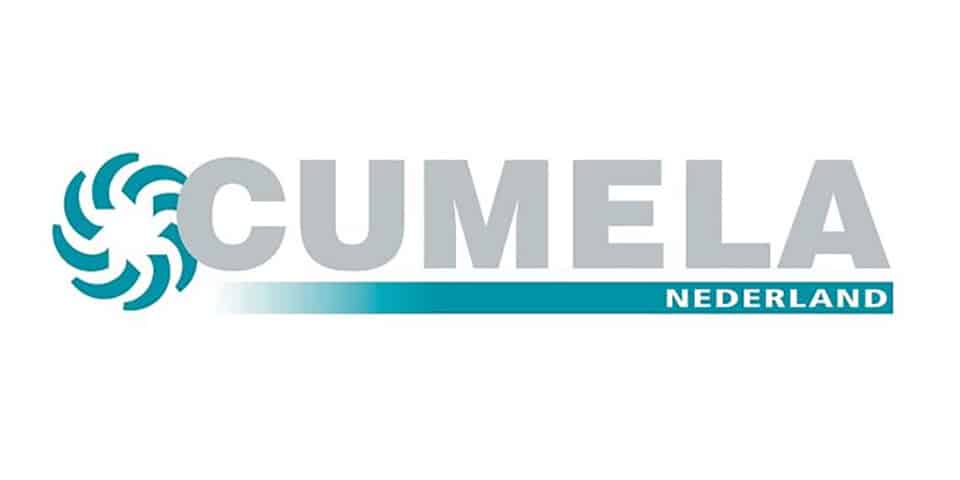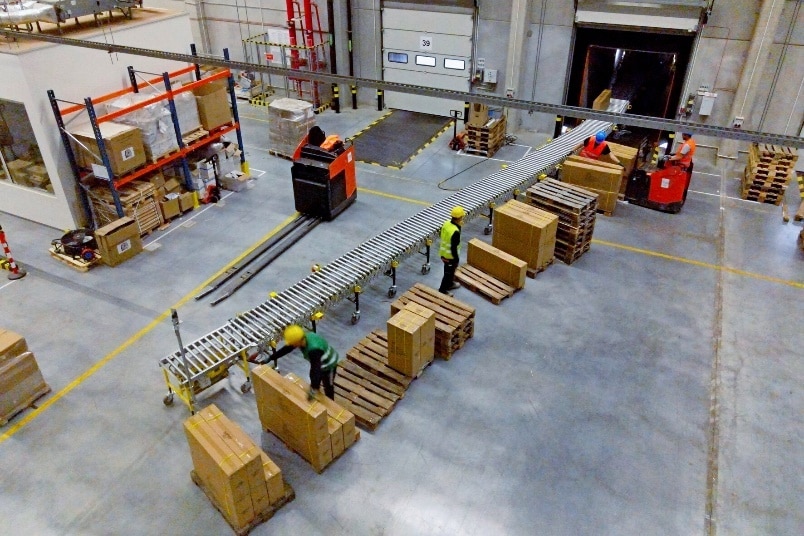
Cumela: wider PFAS standards a first small step
The extension of PFAS standards announced today is nothing more than a small first step to get out of the problem. The failure to find a solution for large-scale earthmoving continues to keep work stalled and the damage is mounting, according to Cumela Nederland, trade association for entrepreneurs in green, soil and infra.
The organization is positive about the steps that are now being taken, but also states that follow-up steps are needed in the short term to loosen up the ground movement across the board. "It is sad that we have had to wait so long for this action by the ministry. This decision should have been taken back in August when the effect of the temporary handling framework became clear," said Cumela Nederland director Janneke Wijnia. "The extension of the standard announced today shows that the ministry has simply been careless in drawing up the temporary action framework. As a result, our companies are suffering great damage, and this is not over with this, because far from all the earthmoving will be released. So we will continue to prepare a claim for damages."
Small-scale earthmoving back to work
The adjustment of the standards is going to give a lot of room to local, small-scale earthmoving, however, Wijnia expects. "Many of our members are actually active locally in small and medium-sized projects. Think of developing small residential areas, modifying local roads or improving water management. I think this will allow eighty percent of our entrepreneurs' work to resume."
Major concerns remain with the organization about the lack of opportunities for large-scale earth moving. This involves an annual amount of about 10 million cubic meters of soil. There is now a solution for the two million cubic meters now being used, for example, for dyke reinforcement or the construction of noise barriers. The problem remains because there is not yet space for the 8 million cubic meters applied underwater. "A lot of large-scale work will remain at a standstill as a result," states Wijnia. "Because as long as the storage is full, there can't be any digging either. So for projects where a lot of soil is released, such as the construction of tunnels or the excavation of building sites, there is still no solution."
Cumela is pleased that the minister has made clear administrative agreements with municipalities, provinces and water boards that they will use the new increased standards as a lower limit and may not deviate from them downwards. A positive aspect is that local authorities may continue to use a higher standard even if agreements have already been made on this.
Municipalities get to work
Wijnia is also positive about the emergency procedure agreed upon for updating the Soil Quality Cards. "This allows the Boards of Mayor and Aldermen to adopt new maps immediately as soon as the soil investigation for PFAS is completed. We hope that all municipalities will now work quickly with this to remove obstacles and avoid many unnecessary costs. There has been enough damage already."




